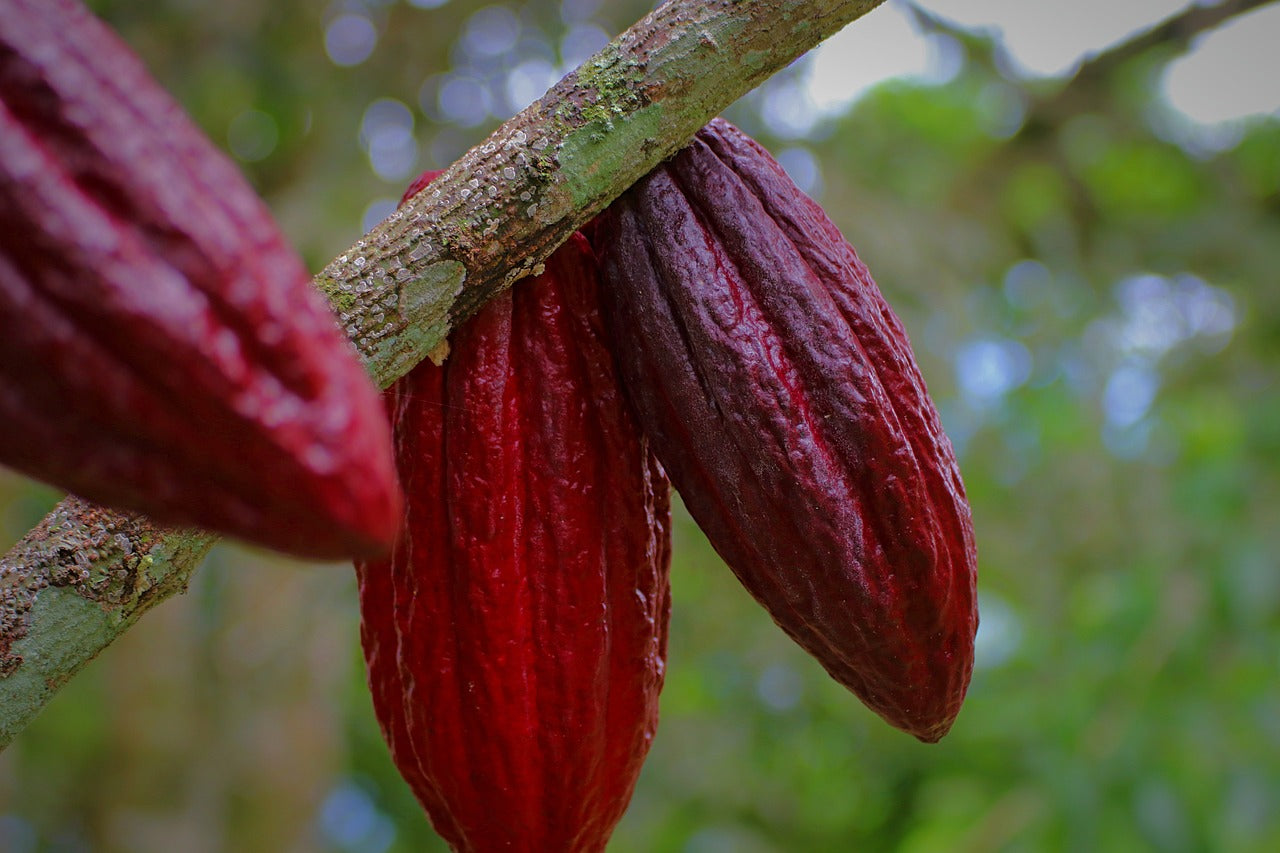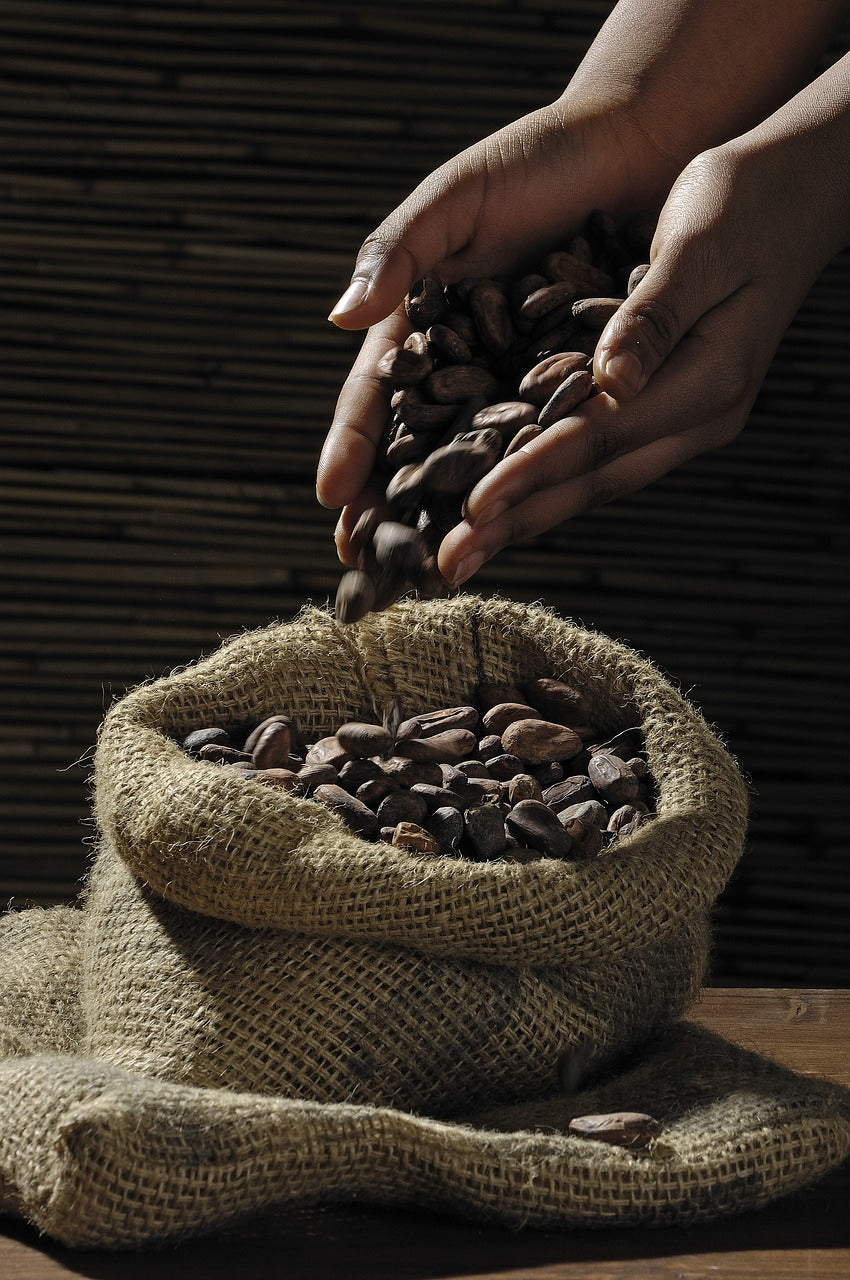
Navigating the Cacao Market: Challenges and Opportunities
Navigating the Cacao Market: Challenges and Opportunities
The Economics of Cacao Production
The cacao market is a complex and dynamic environment, influenced by a multitude of economic factors. Prices can fluctuate dramatically due to changes in supply and demand, weather conditions, and geopolitical events, and they have ben doing that in very recent times. For instance, the El Niño phenomenon often causes significant disruptions in cacao production by bringing extreme weather conditions to key growing regions, resulting in poor yields and uncertainty. A Financial Times article discusses how these fluctuations impact both producers and consumers, highlighting the importance of sustainable and resilient farming practices. Over the past 8 months lone the price of cocoa has tripled per metric ton, and we are seeing a rapid decline in artisan chocolatiers across our cities.
Cacao farmers face numerous challenges, including price volatility and the rising costs of production. Despite the growing demand for fine chocolate, many farmers struggle to achieve a stable and fair income. Initiatives such as Fair Trade and Rainforest Alliance certifications are crucial in supporting these farmers, ensuring they receive fair compensation and can invest in sustainable practices, but do they really go far enough, and what does "Fair Trade" really mean- and to who? By choosing certified chocolates, consumers can contribute to a more equitable and sustainable cacao market, I urge you to dive deeper beyond the sticker, and the catchy marketing, look for a bean to bar producer in the UK and find out how fair fair trade actually is...
How Climate Change Affects Cacao Crops
Climate change poses a significant threat to cacao production, as the delicate cacao trees are highly sensitive to changes in temperature and rainfall. Rising temperatures and unpredictable weather patterns can lead to lower yields and poorer quality beans. This not only affects the livelihoods of cacao farmers but also the availability and price of chocolate. A National Geographic article explores the impact of climate change on cacao crops, emphasizing the need for adaptive farming techniques and conservation efforts.
To combat these challenges, many cacao farmers are adopting climate-smart agricultural practices. This includes diversifying crops to reduce dependency on cacao, implementing water conservation methods, and planting shade trees to protect cacao plants from extreme heat. These strategies help to mitigate the effects of climate change and ensure the long-term sustainability of cacao farming. Companies like XO Chocolate support these initiatives by sourcing cacao from farmers who employ environmentally friendly practices.
Ensuring Fair Trade Practices in Cacao Sourcing
Fair Trade practices are essential for ensuring that cacao farmers receive fair compensation and work under humane conditions. By adhering to Fair Trade standards, chocolate companies can help to improve the living conditions of farmers and their communities. This includes providing fair wages, safe working conditions, and access to education and healthcare. The Fairtrade Foundation provides extensive resources and certification programs to promote fair trade in the chocolate industry.
At XO Chocolate we are committed to ensure that our chocolates are made with ingredients that are ethically sourced, supporting the well-being of farmers and their families, as well as the wildlife.



Leave a comment
This site is protected by hCaptcha and the hCaptcha Privacy Policy and Terms of Service apply.